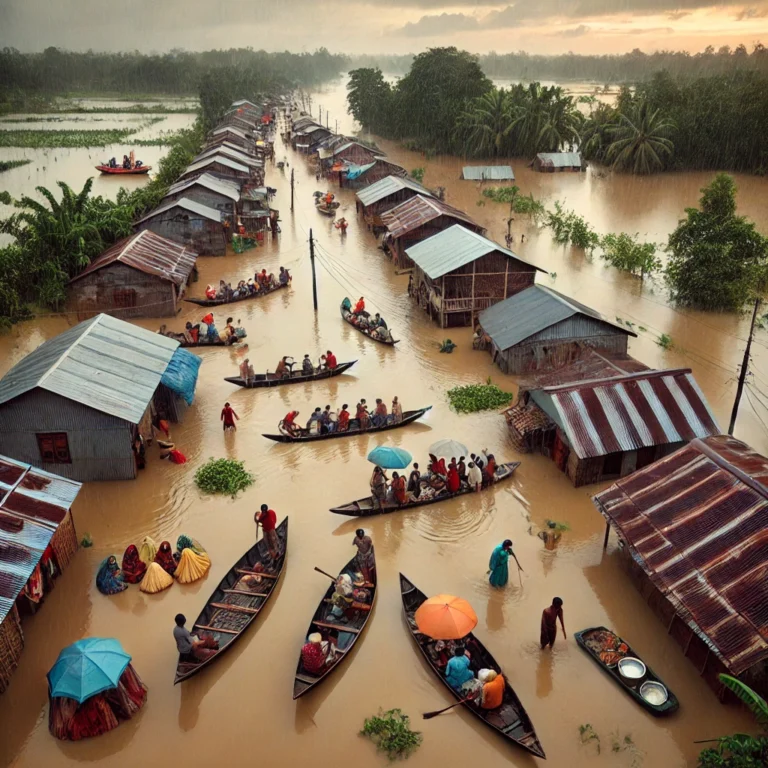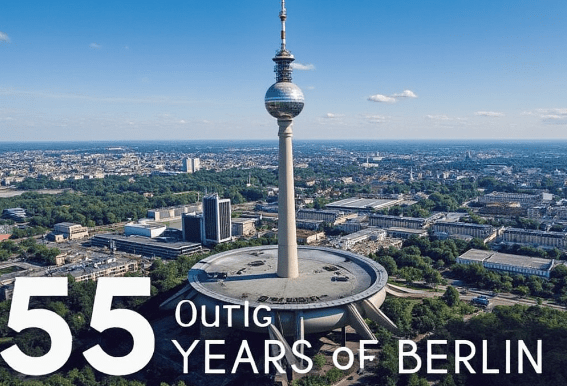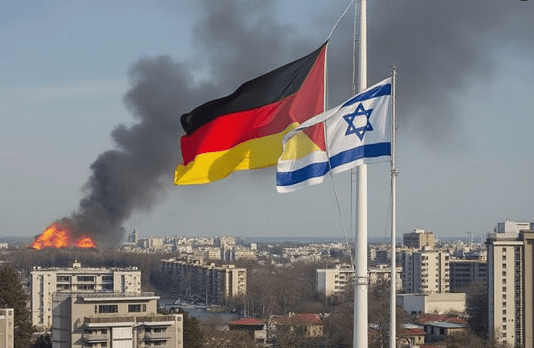On October 12, 2024, global oil prices surged dramatically as the ongoing conflict between Israel and Hamas continues to escalate, leading to heightened concerns about the stability of energy supplies. With tensions in the Middle East—the world’s most critical region for oil production and export—reaching new levels, the market has responded with a sharp rise in prices, leaving governments and businesses scrambling to assess the potential impacts on the global economy.
The Middle East Conflict and Its Effect on Oil Markets
The conflict between Israel and Hamas, which has drawn in several neighboring countries and non-state actors, poses a direct threat to the safe transport of oil through the region. The Middle East is home to some of the world’s largest oil producers, including Saudi Arabia, Iraq, and Iran, all of which rely on the secure flow of oil through critical shipping lanes, including the Strait of Hormuz. This narrow passage is one of the most important chokepoints in global energy supply, with about 20% of the world’s oil passing through it daily.
As the fighting intensifies, concerns have mounted that oil production and shipping routes could be disrupted, either by direct attacks or by the region becoming too unsafe for shipping operations. This has already led to a spike in prices, with global oil markets responding to the increased risk premium associated with instability in the region. Even the slightest disruption in this volatile area can have a significant ripple effect, driving up the price of crude oil and leading to higher energy costs worldwide.
Global Impact of Rising Oil Prices
The sharp rise in oil prices has immediate and far-reaching effects. For major oil-importing countries, such as the United States, China, and many European nations, the increase in oil prices will likely lead to higher costs for consumers and businesses alike. Gasoline prices are expected to rise, which will drive up transportation costs, impacting everything from the price of goods to the cost of travel.
In many countries, inflation is already a concern, and the rise in oil prices could exacerbate this issue, leading to a greater strain on household incomes. For businesses, particularly those that are energy-intensive, the higher cost of oil could translate into reduced profits, potential cutbacks, or price increases for consumers.
Energy Security Concerns and Strategic Responses
Governments worldwide are closely monitoring the situation, and some are taking steps to mitigate the impact of higher oil prices. The U.S. government, for example, has discussed the possibility of tapping into its strategic oil reserves to help stabilize domestic prices. Meanwhile, the European Union is exploring ways to diversify its energy sources, seeking to reduce its dependence on Middle Eastern oil.
Energy analysts are also watching for any coordinated responses from major oil producers, such as the OPEC+ group, which could influence supply levels in an attempt to calm markets. However, the unpredictable nature of the conflict and the broader geopolitical implications make it difficult to predict how the situation will evolve in the coming weeks and months.
A Complex and Uncertain Future
As the conflict in the Middle East continues, the global oil market remains on edge. While the immediate spike in prices has caused alarm, the long-term effects will depend on the duration and intensity of the conflict, as well as the international community’s ability to manage the broader consequences for global energy security.
In the meantime, businesses and consumers alike are bracing for the possibility of prolonged higher oil prices, which could further strain the global economy and deepen concerns about inflation and energy security. The situation serves as a stark reminder of the vulnerability of global markets to geopolitical tensions, particularly in regions that play such a pivotal role in the world’s energy supply.













